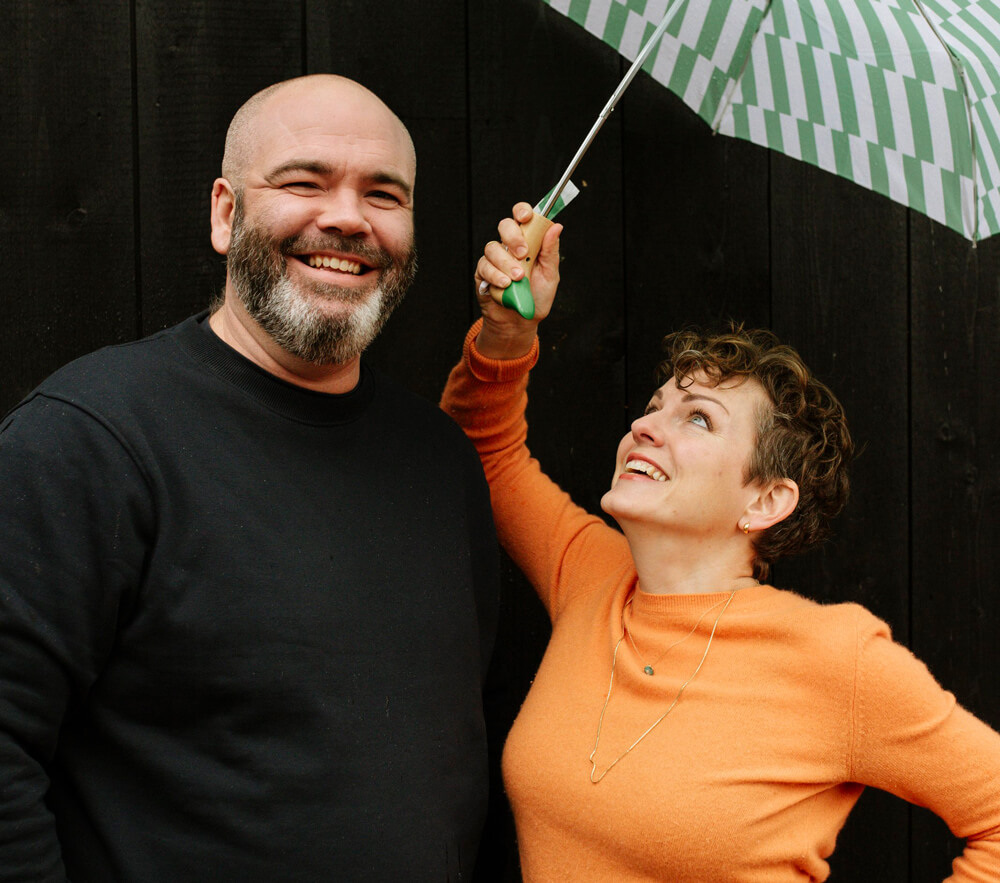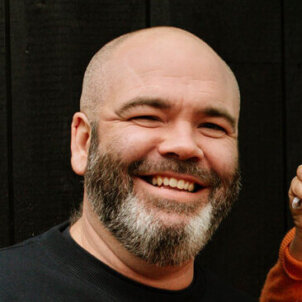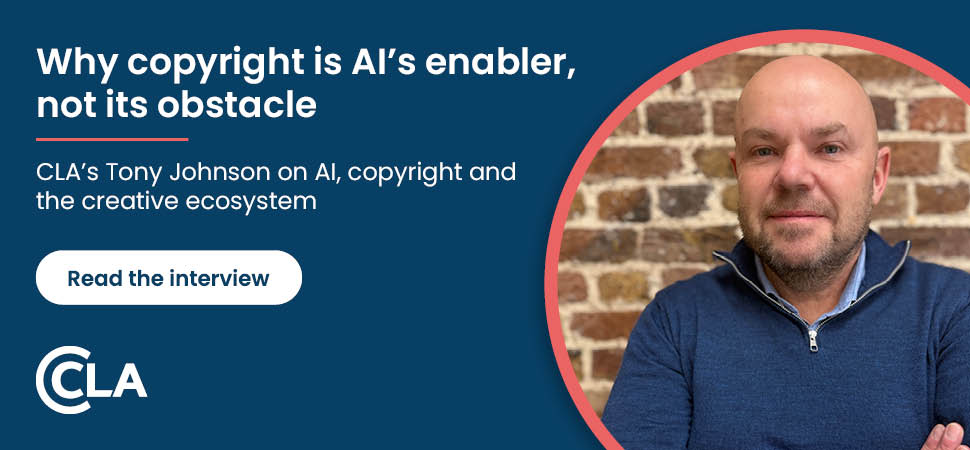The “Dating Process” Methodology for Founder Evaluation
When I started out investing, wet behind the ears was an understatement. I was mainly keen to see the investment deck and to gather as much information as I could before I spoke to the founders. I would spend hours finding as much data as I could about the market, category, and founders, then I would start calling people to see if they could give me insights that would help my evaluation.
My first investment was in a CBD company, in its fairly early stage, with a category growing globally and a pathway for controlling their supply chain all the way from field to retail. I was a retailer in a past life, so I assumed I had great insights into the market potential. It was an exciting opportunity with an impressive group of people running the business.
So where did it go wrong? It wasn’t anything they did specifically; Covid was rewarding in many ways for them—but after the chaos calmed down the writing was on the wall. Ten years later as an investor and looking back, it was clearly my method that was wrong, and I know that if the same business approached me today I would reject it very quickly.
The part I got wrong was not spending time with the founders. In this case, they had stepped aside and brought in some industry veterans. These were impressive people, but they had nothing tying them to the business except their share options—if they stood the test of time. I hadn’t thought what would happen if they started to see it go wrong. What would hold them there, other than a salary? Well, nothing at all—and guess what? As soon as it got hard, they were off.
When I reviewed the opportunity I realised I hadn’t spent any time with the founders. I hardly knew who they were, why they weren’t running it and who the business would rely on if the leadership team weren’t there.
Perhaps this isn’t a normal scenario with early stage investments. Typically, of course you’d talk to the founders. But the lesson it taught me was that the people were the first part I needed to learn about. I reflected on the other important relationships around me and I started to think about how quickly they became important; how quickly we trusted each other.
I met my wife as many do, in a bar in our local city. Like most relationships we dated, then moved in together, had a few tough times, and then one day it levelled up. But it all started with a flurry of seemingly shallow chitchat. I started to see potential investments in a similar way. If I was going to invest my time and money then I needed to know who the people involved were, and that starts with a no-pressure chat.

So nowadays I start by spending time with people. I do hear their pitch, but more importantly I just want to hang out. One of the brilliant things about The Bureau Club is that we can take people to events. They can meet new people, do fun things together, have a laugh and see people as they really are, with their guard down. I want to see the real person, not an entrepreneur in sales mode.
Why Personal Integrity Predicts Success Better Than Spreadsheets
I place a huge amount of importance on human relationships. I cared deeply about the people I had working for me in my business and I want to know that the people I invest in feel the same way. I ask difficult personal questions; I want to know what keeps them up at night, what excites them, in life as well as in business. It is important for me to feel like nothing is being held back.
People seeking investments often tell you what they think you want to hear, and it stands out a mile. I know nothing is perfect, that there have been mistakes and failures along the way. The quicker you share those with me, the quicker I can trust you. With any customer, you need to earn their trust, and the same goes for seeking investment.
I learnt this lesson with one of the biggest investments I’ve made. I wanted to know what they thought could go wrong, what the challenges could be. I received the standard response: “I can’t see any, I’m such a positive person I can only see opportunity”—yes, I actually believed it. I was so excited about the graphs, the obtainable market opportunity and all the positives I had heard outside of the character of the person driving it. Today, this investment is still going strong—but it doesn’t fit who I am now.
The best advice I can give is to take every opportunity you can to spend time with the people who have created the idea and are driving the business. It is very time consuming, but if you think of how long it takes to make £10,000 after tax in your own creation, then it seems obvious that you’d want to be generous with your time when deciding to invest in someone else’s dream, where you don’t have the influence or control that you did in creating that wealth for yourself.
Ask difficult questions. Sit close to people when you’re reviewing the business plan. Listen to what they say. Watch their body language and when you get to something uncomfortable, sit there and don’t let the topic move on. Stay with it, keep them talking and eventually you’ll get to what they are holding back or not sure about.
Afterwards I need to trust the person I’m investing in, I need to want them to succeed, to know they have the energy to drive it no matter what they come across. This approach has transformed how I evaluate opportunities—and the results speak for themselves.




